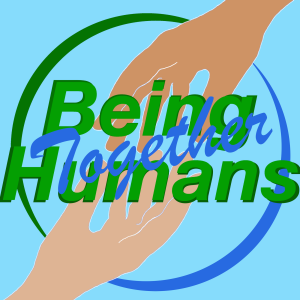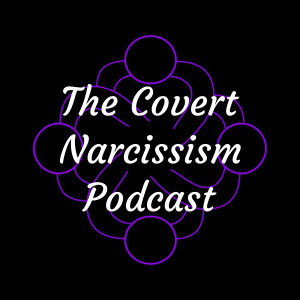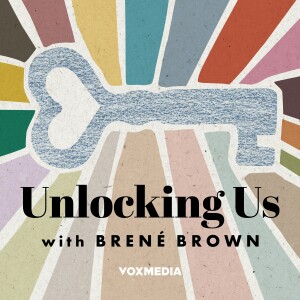

Paradigm shift: We should value knowing our people more highly than professional knowledge, technical knowledge, or political knowledge, even though those domains are often connected with increased status or money. Too often we are convinced to pursue success, degrees, career, or just excitement; and so we walk away from/ move away from/ let go of the people we know, who know us.
We believe that relationships are easy to make or replace, We believe that the connections we made when we were young will always be there. Or we don’t place enough value in the people with whom we share relationships, relational knowledge and bonds. Maybe we even consider those people and those relationships to be a weight to be shed and left behind so that we can reinvent ourselves in the anonymity of a new city.
Sadly, building new relationships is hard work that takes a long time. We will never replace many of those people, particularly not family. And in many cases the relationships we leave when we move away will not continue.
We also mistake new contacts or professional connections for long term relationships. But most of those people will not sacrifice for us. They won’t be there for us when we have crises, or when we lose our apartment or our job. They will find someone else to chat with at work.
We also naively believe that we will be good at knowing who to trust and that we will be able to gain the trust of others. I have certainly made that mistake in my life. But you can only trust people to be who they are, and do the things they normally do. It takes a lot of time and experience to know a person, and what they will do in a given circumstance. Sadly the result often is that we get hurt when we hope and trust in people who never were who we thought. The failure to highly value relational knowledge is a road to isolation and loneliness.
I don’t mean to say that we should never move, or not pursue education or careers, or not have dreams that extend beyond the confines of our current locale and current relationships.
I am saying that we should highly value our relationships.
We should understand the costs of moving away, moving on, changing our circle of relationships; and we should make those decisions carefully. We should do whatever we can to maintain relationships.
I promise you there are plenty of cubicles and corporate offices out there. You will get the degrees and certifications needed to find jobs and sit in office spaces. Perhaps you already have.
But along our pursuit of success, degrees, careers, and all of the technical and professional knowledge required to do that, let us not forget the central importance of knowing your people and them knowing you, and sharing the experiences together that create and cement that relational knowledge and bonds.
When everything else passes away, when your life breaks down, when you are up against something difficult, when you’re not sure you can make it on your own, when you finally lie down in the last bed you will ever occupy—relational knowledge is what matters most.
Your people will be there for you to help you pick up the pieces, to make sense of the disasters, to overcome the trials and obstacles, to laugh and cry and love our way through it all.
That is how you will know or remember who your people truly are. And you will be there for them. In those situations, no one cares what your salary is, or which desk you sit in, or how many followers you have, or how many degrees you have, or how important you status is.
For the people in your core circle, you are all that matters, and they are everything that matters.
In the end, relational knowledge is all that matters.
More Episodes
All Episodes>>You may also like
Create Your Podcast In Minutes
- Full-featured podcast site
- Unlimited storage and bandwidth
- Comprehensive podcast stats
- Distribute to Apple Podcasts, Spotify, and more
- Make money with your podcast












